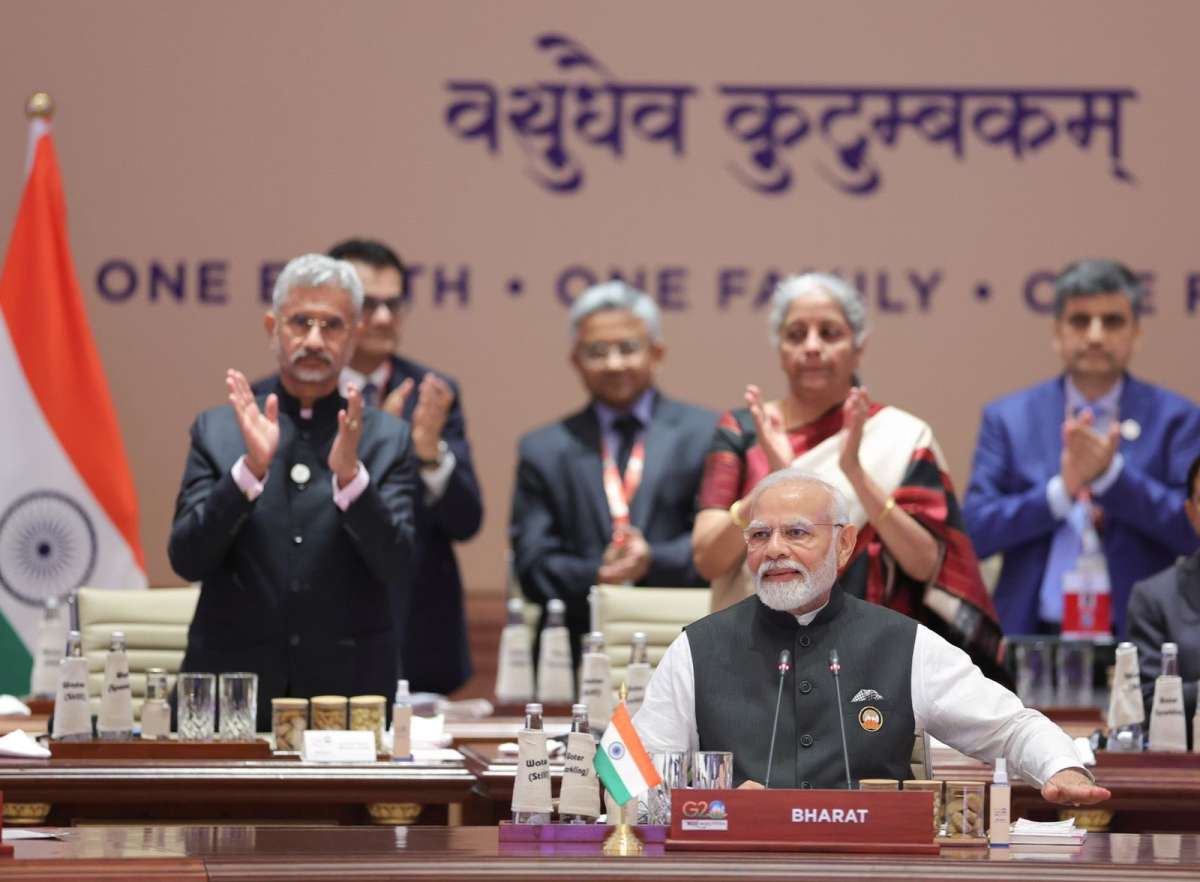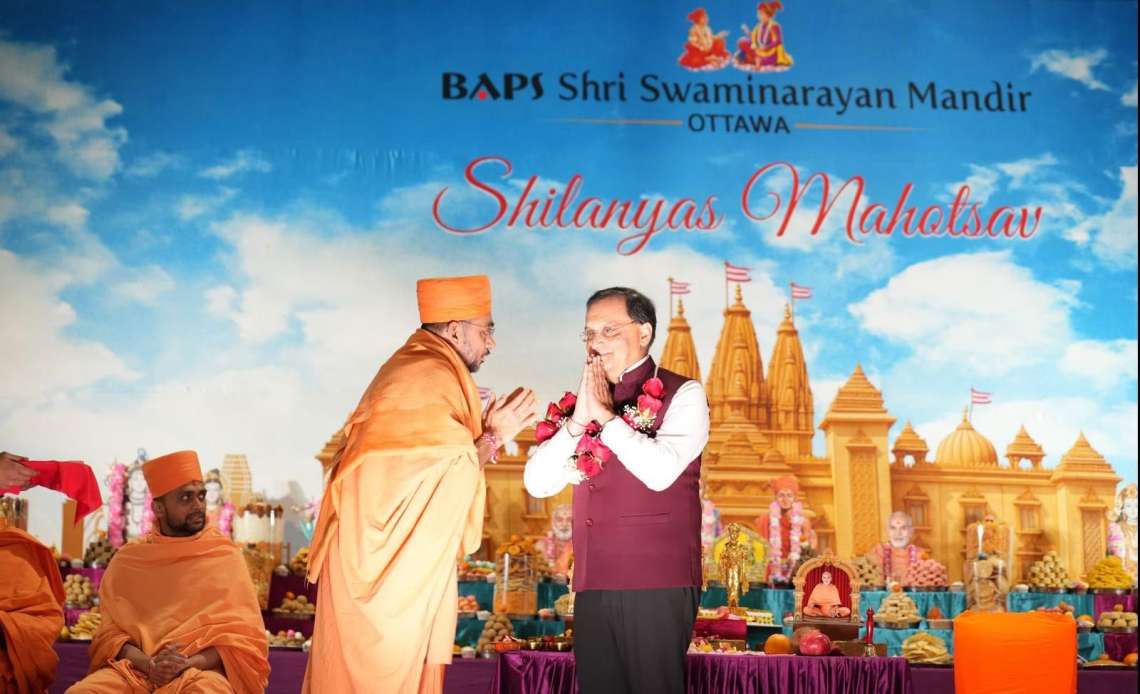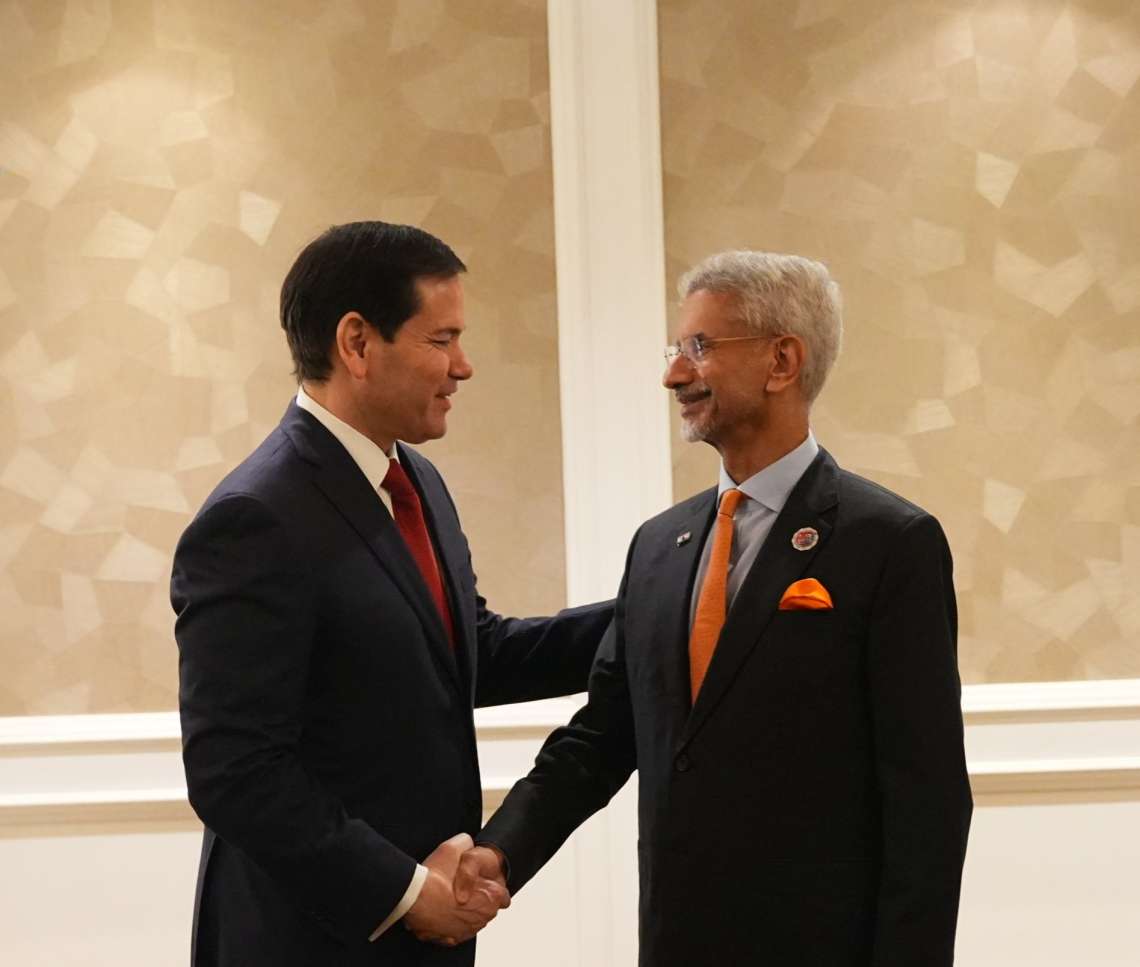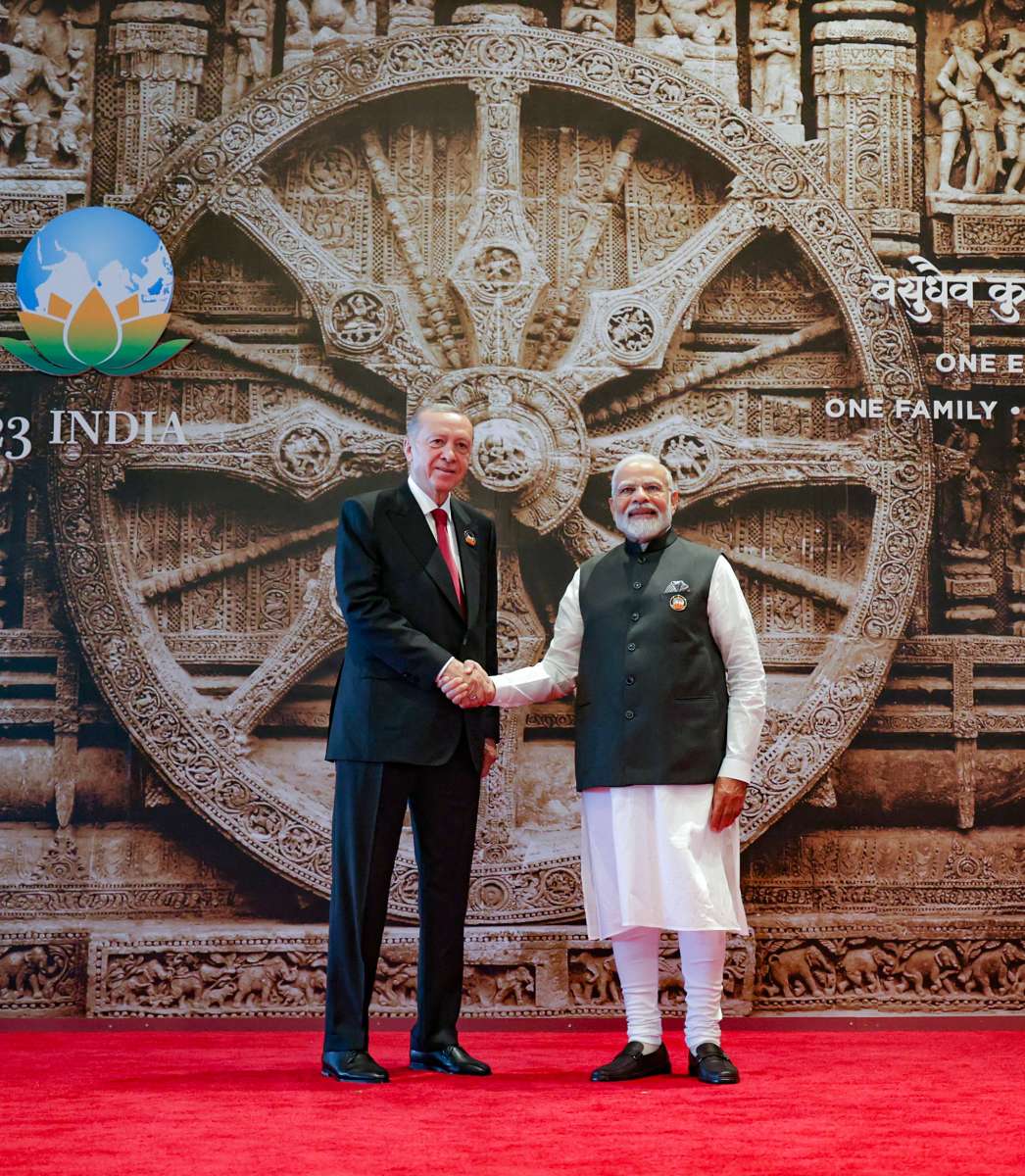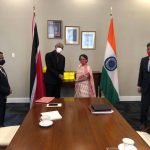Govt led more than “200 hours of non-stop negotiations” to reach a consensus on G20 leaders’ declaration…reports Asian Lite News
India led more than “200 hours of non-stop negotiations” to reach a consensus on Saturday’s G20 leaders’ declaration. The group has struggled to find common ground on several issues recently – including the Ukraine war and climate change. Extensive work by a ‘brilliant’ team however allowed India to avoid a major diplomatic embarrassment.
“The most complex part of the entire G20 was to bring consensus on the geopolitical paragraphs (Russia-Ukraine). This was done over 200 hours of non-stop negotiations, 300 bilateral meetings and 15 drafts. In this, I was greatly assisted by two brilliant officers – joint secretaries Eenam Gambhir and Nagaraj Naidu Kakanur,” tweeted G20 Sherpa Amitabh Kant.
India managed to hammer out an unexpected consensus among the G20 countries on the contentious issue through a series of hectic negotiations with emerging economies such as Brazil, South Africa and Indonesia playing a leading role in reaching the breakthrough. According to a PTI report quoting sources these three countries also helped in drafting the text that drew every member nation’s approval.
World media has since dubbed the carefully worded declaration a “coup” for host Prime Minister Narendra Modi though the final compromise statement reflected a stand far softer than those the US and its Western allies have adopted on Russia.
Details of the Declaration
The Delhi Declaration of G20 begins by stating that this is a “defining moment in history” and that G20’s decisions will affect the future of the people and planet. Don’t dismiss this as typical diplomatic hyperbole, for this recognition of the importance of the moment, and the implications for the long-term, is central to understanding India’s historic achievement on Saturday.
In a clear sign of India’s role in ensuring that the interests of both the global South, which constitute the marginalised within the international order, and the poor and vulnerable who constitute the marginalised within both rich and poor countries, is addressed, the text also lays out clear principles and priorities.
The Indian presidency has made it clear that there will be no compromise between fighting poverty and fighting the climate crisis. And themes such as ensuring growth, getting sustainable development goals (SDGs) back on track, battling the climate crisis, preparing for health emergencies, reforming multilateral development banks (MDBs), dealing with the debt crisis, spreading digital public infrastructure (DPI), generating jobs, bridging the gender gap, and giving a voice to the global south dominate the letter and spirit of the document.
The declaration realises that global economy is at a fragile moment, with “balance of risks tilted downside”.
It says G20 members will commit themselves to implementing “well-calibrated monetary, fiscal, financial, and structural policies to promote growth, reduce inequalities and maintain macroeconomic and financial stability”. All countries know that if they wish to achieve strong, sustainable, balanced and inclusive economic growth, they will have “to stay agile and flexible in their policy responses”.
G20 Central banks, the text says, have committed to achieve price stability, ensure that inflation expectations remain well anchored, and “communicate policy stances to help limit negative cross-country spillovers”, while G20 members reaffirm that central bank independence is crucial to maintaining policy credibility. On fiscal policy, in line with the outcome at the meeting of the finance ministers, G20 members have said they will “prioritise temporary and targeted fiscal measures to protect the poor and the most vulnerable, while maintaining medium-term fiscal sustainability”.
The growth story cannot hinge on the state alone, and the Delhi Declaration sees a key role for the private sector and commits to creating “inclusive, sustainable, and resilient global value chains, and support developing countries to move up the value chain”, facilitating investments, promoting the ease of doing business, and recognising the role of startups and MSMEs.
At a time when the multilateral trading regime is in crisis, G20 members have also committed to a “rules-based, non-discriminatory, fair, open, inclusive, equitable, sustainable and transparent multilateral trading system, with WTO at its core”, terming the trade organisation indispensable. The declaration outlines a set of principles and actions that can make trading system more effective and fairer.
It also recognises the importance of addressing skill gaps, ensuring “decent work” and providing social protection policies. In this regard, once again in recognition of the flow of people from the global south, the text says that “well-integrated and adequately skilled workers benefit origin and destination countries alike”, with G20 countries committing to working towards ensuring “well-managed, regular and skills-based migration pathways”.
A big takeaway from the Indian presidency, which finds reflection in the Delhi Declaration, is the text’s endorsement of G20 Policy Recommendations for Advancing Financial Inclusion and Productivity Gains through DPI. The declaration encourages the “continuous development and responsible use of technological innovations including innovative payment systems, to achieve financial inclusion of the last mile and progress towards reducing the cost of remittances”. And the grouping has endorsed the G20 2023 Financial Inclusion Action Plan (FIAP), “which provides an action oriented and forward-looking roadmap for rapidly accelerating the financial inclusion of individuals and MSMEs, particularly vulnerable and underserved groups in the G20 countries and beyond”. This, finance minister Nirmala Sitharaman noted at a press conference, will be a big legacy of the Presidency.


